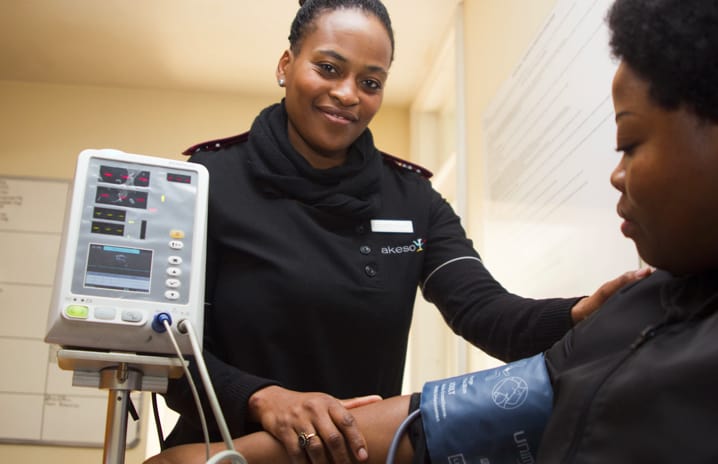Improving Quality of Life for Patients with Cancer

November 19, 2019
According to the American Cancer Society, one in two men and one in three women will be diagnosed with cancer at some point during their lifetime. Since 1971, the number of cancer survivors in the US has increased from 3 to more than 15 million. This rapid and dramatic increase compels healthcare workers, patients and caregivers to quickly learn to understand and address the physical, psychosocial, and economic effects of those surviving cancer.
In 2014, the Coleman Foundation launched the Supportive Oncology Collaborative (SOC), an ambitious initiative that builds upon the Foundation’s 25-years of working to improve cancer care. Through the Collaborative, the Foundation engaged 135 interdisciplinary healthcare professionals from 25 Chicago-area cancer care institutions to create and implement new screening tools and gain agreement on standards of care. Efforts focus on helping survivors understand and access treatment; manage their ongoing physical and psychosocial issues; and engage in behaviors to optimize wellness.
“A cancer diagnosis can trigger anxiety, depression, and distress for patients and their families,” explains Michael Hennessy, president of The Coleman Foundation, which has contributed over $33 million to support cancer treatment and patient services in the Chicago area over the past three decades. “Quality care requires treating the whole patient, not just their cancer.”
Collaborative members came together, created business models for supportive oncology care, collected data, and leveraged institutional change. They have developed screening tools, professional training, and practice models, then tested them across a wide range of institutions and populations. Cancer care teams at pilot sites now regularly screen patients for distress, gather data, support patients through decision making, connect patients to community resources, and work with insurance companies to encourage reimbursement for these supportive services.
Children who receive cancer treatment at a young age may have unique physical and psychological health issues, long-term side effects, and even secondary malignancies, which require knowledgeable practitioners to provide comprehensive care. The Pediatric SOC was created to address these particular needs and to address long-term effects of cancer treatment throughout a person’s lifespan.
From reducing missed appointments to avoiding ER and hospital readmissions, to improving overall quality of life for patients, the SOC has had tremendous impact in the last 5 years. To create impact well beyond the pilot sites, the SOC has made its screening tools and resources widely available to healthcare providers at no cost and has created a 26-part supportive oncology training program, which offers CME credit at no cost to medical professionals through the National Comprehensive Cancer Network.
In 2019, the Collaborative is embarking on a new initiative called the Coleman 4R Patient Care Sequences for Cancer and Supportive Care, to pilot an effective method to engage the oncology care team to produce treatment plans with the whole patient at the center of care.
The Coleman Foundation’s vision for cancer and supportive care is that patients are fully engaged in cancer treatment and achieve the best possible outcome and quality of life, and the Foundation’s Supportive Oncology Collaborative has created a clear path for patients and caregivers to work together to achieve this vision.

